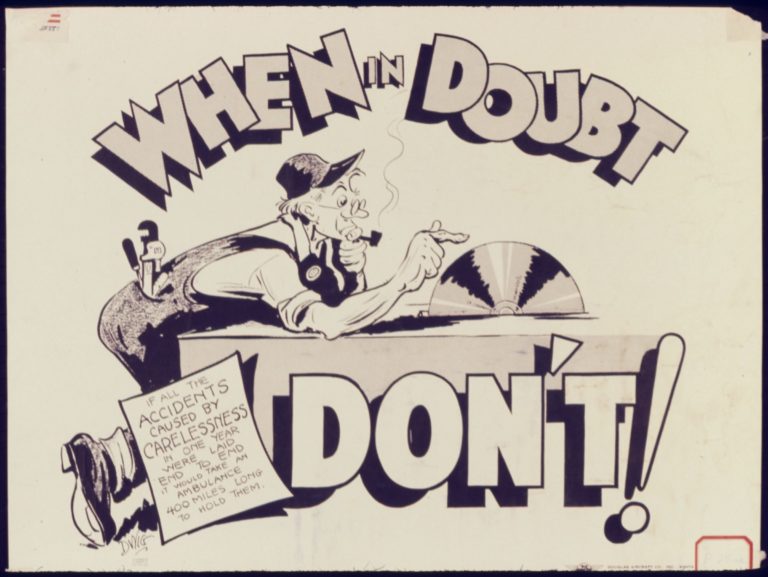
Helping New Entrepreneurs Understand Today’s China Business Environment
I have recently spoken with many entrepreneurs still growing their businesses in the United States. When I talked with them about their international plans, many were interested in expanding internationally, but lacked a viable roadmap and resources for doing so. As they learned about my expertise in China and greater Asia, our discussions coalesced around


















